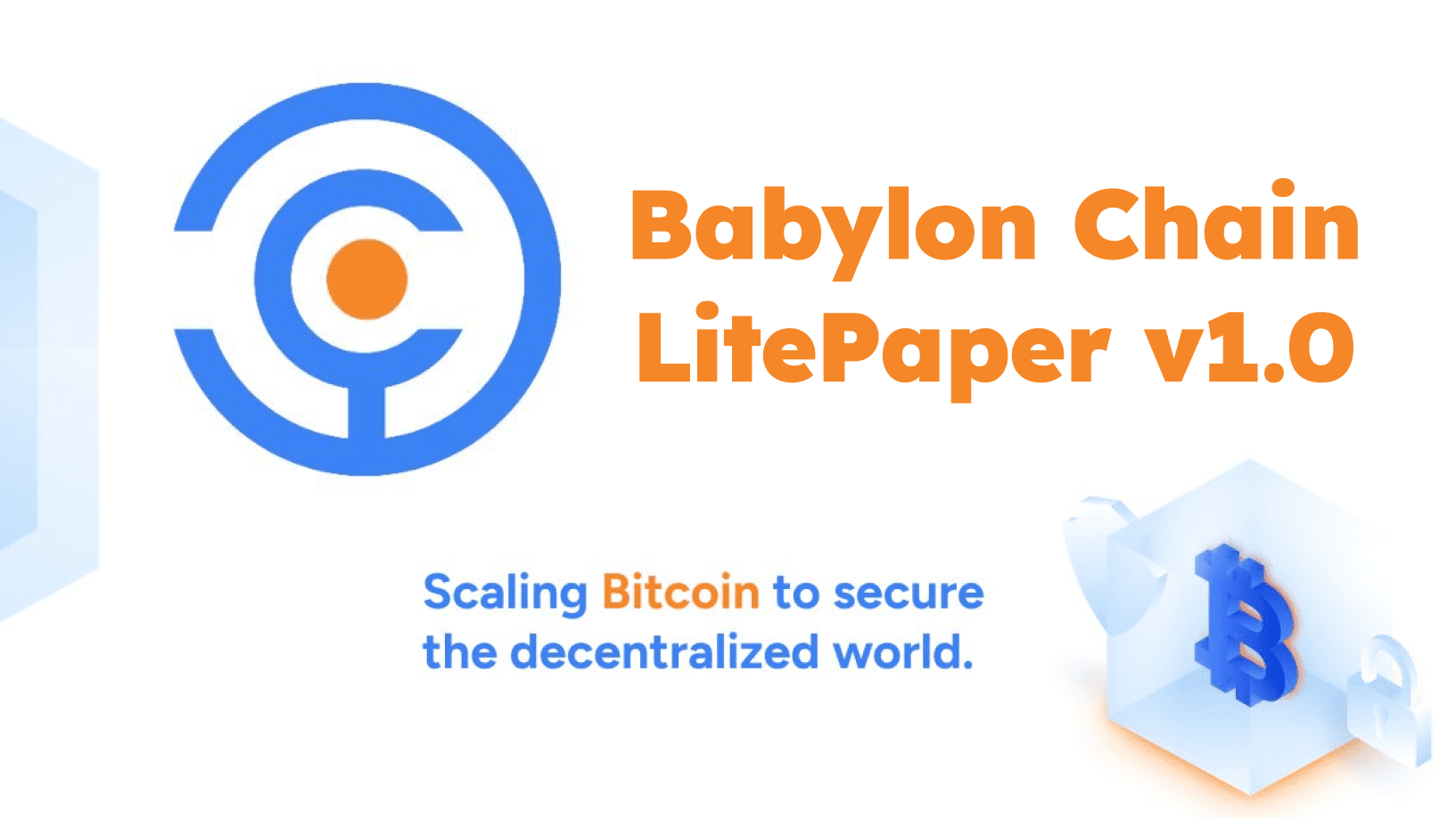In the dynamic world of blockchain technology, a paradigm shift is underway. The industry is transitioning from the energy-intensive Proof-of-Work (PoW) mechanism to the more capital-efficient Proof-of-Stake (PoS) model. While PoW blockchains derive their security from miners solving complex mathematical problems, PoS blockchains rely on validators who hold a stake in the system. The larger the market cap of the staked security, the more formidable the economic fortress of the chain becomes. Hence, PoW chains are fortified by work, while PoS chains are fortified by capital.
Attracting this capital, however, can be a daunting task, especially for nascent chains or those in their initial stages. High inflation rates are often the price to pay for attracting such capital. For instance, within the Cosmos ecosystem, which comprises over 60 application-specific chains, initial annualized inflation rates ranging from 20% to 100% are not uncommon. Such high inflation rates can undermine the long-term value of these chains.
Enter the game-changing concept of Bitcoin staking. This innovative idea, proposed by the trailblazing Babylon Team, empowers Bitcoin holders to stake their idle bitcoins, thereby bolstering the security of PoS chains and earning yield in the process. This ingenious approach capitalizes on the fact that Bitcoin, a $600 Billion asset, is largely idle capital.
The Mechanics of Bitcoin Staking
The Babylon Team has crafted a Bitcoin staking protocol that enables Bitcoin holders to stake their bitcoins trustlessly, without having to bridge them to the PoS chain. Yet, it still provides the chain with full slashable security guarantees. The protocol also supports rapid stake unbonding, maximizing liquidity for Bitcoin holders. Furthermore, the protocol is designed as a modular plug-in, making it compatible with a variety of PoS consensus algorithms and providing a foundation upon which restaking protocols can be built.
The Bitcoin staking protocol boasts three key security properties:
-
Fully Slashable PoS Security: In the event of a safety violation, 1/3 of the Bitcoin stake is guaranteed to be slashed. As long as 2/3 of the Bitcoin stake adheres to the PoS protocol honestly, the PoS chain remains live.
-
Staker Security: Each Bitcoin staker is assured the ability to withdraw its funds, or unbond, as long as the staker complies with the PoS protocol honestly.
-
Staker Liquidity: Unbonding of the staked bitcoins is guaranteed to be secure and swift, eliminating the need for social consensus.
The Bitcoin staking protocol employs a remote staking approach. This means the staked bitcoins are locked in a contract on the Bitcoin chain and then slashed when there is a protocol violation on the consumer PoS chain. This approach provides trustless staking as the bitcoins remain on the Bitcoin chain. However, a key challenge is how to perform slashing to achieve fully slashable PoS security.
To overcome the lack of smart contracts on the Bitcoin chain, the Babylon Team utilized a blend of advanced cryptography, consensus protocol innovations, and optimized use of the Bitcoin scripting language.
A Glimpse into the Bitcoin Staker’s Journey
To illustrate how Bitcoin staking works, let’s embark on a journey with a Bitcoin staker named Alice. Alice has 1 bitcoin and she wants to stake it on a PoS chain. First, she enters into a staking contract by sending a staking transaction to the Bitcoin chain to lock her bitcoin into a self-custodian vault. The bitcoin can be unlocked, only by using Alice’s private key, in one of two possible ways:
- Alice issues an unbonding transaction and the bitcoin will be unlocked and returned to Alice in 3 days.
- Alice issues a slashing transaction which sends the bitcoin to a burn address.
Once this staking transaction appears in the Bitcoin chain, Alice can start validating for the PoS chain by signing blocks using her key. During her validation duty, there are two possible paths. One, the happy path, is that Alice follows the protocol honestly, and when she wants to unstake, she issues an unbonding request by sending an unbonding transaction to the Bitcoin chain.
Conclusion
Bitcoin staking marks a significant stride towards integrating Bitcoin and the Proof-of-Stake economy. It opens up a new use case for Bitcoin, allowing bitcoin holders to stake their idle bitcoins to enhance the security of PoS chains and earn yield in the process. This groundbreaking approach could potentially revolutionize the way PoS chains are secured, offering a more sustainable and efficient method of securing these networks.
The Babylon Team has just released a lite paper detailing this innovative concept of Bitcoin staking. This paper is a must-read for anyone interested in the future of blockchain technology and the potential of Bitcoin staking. It’s a significant step towards a more secure and efficient blockchain ecosystem, and it’s just the beginning. Stay tuned for more exciting developments in this space!





